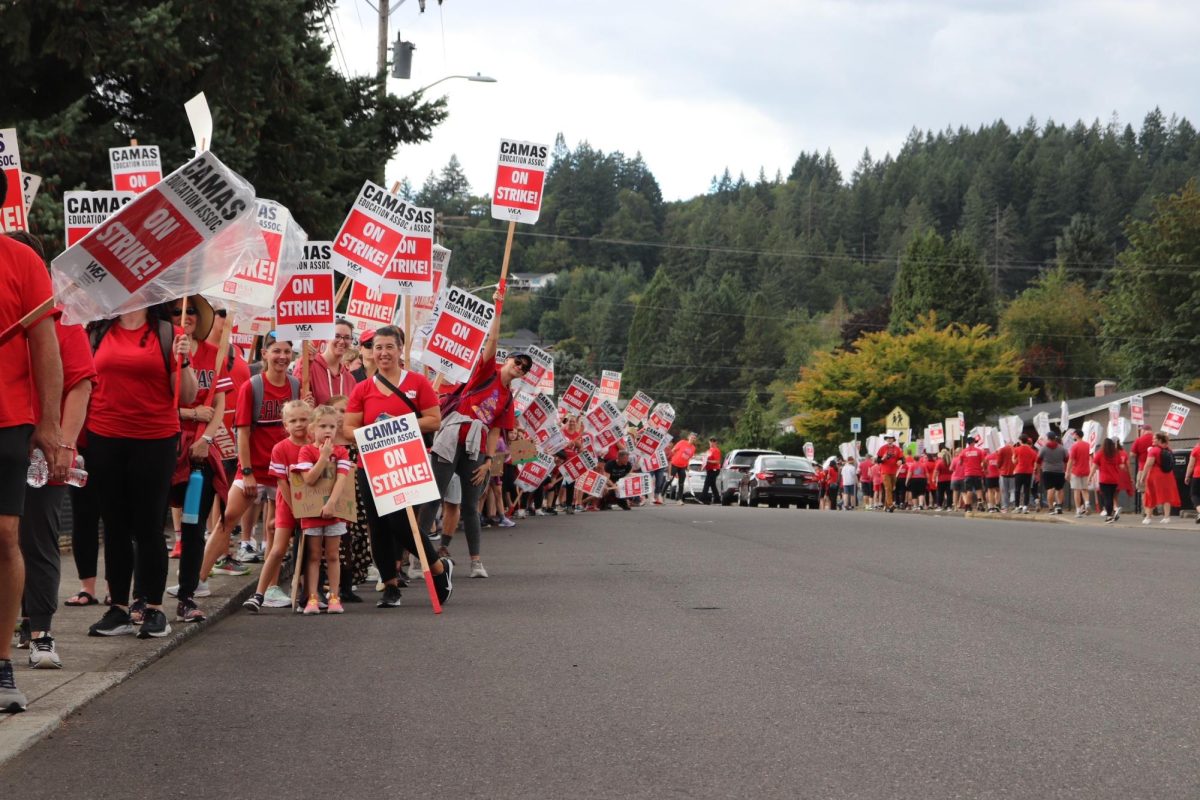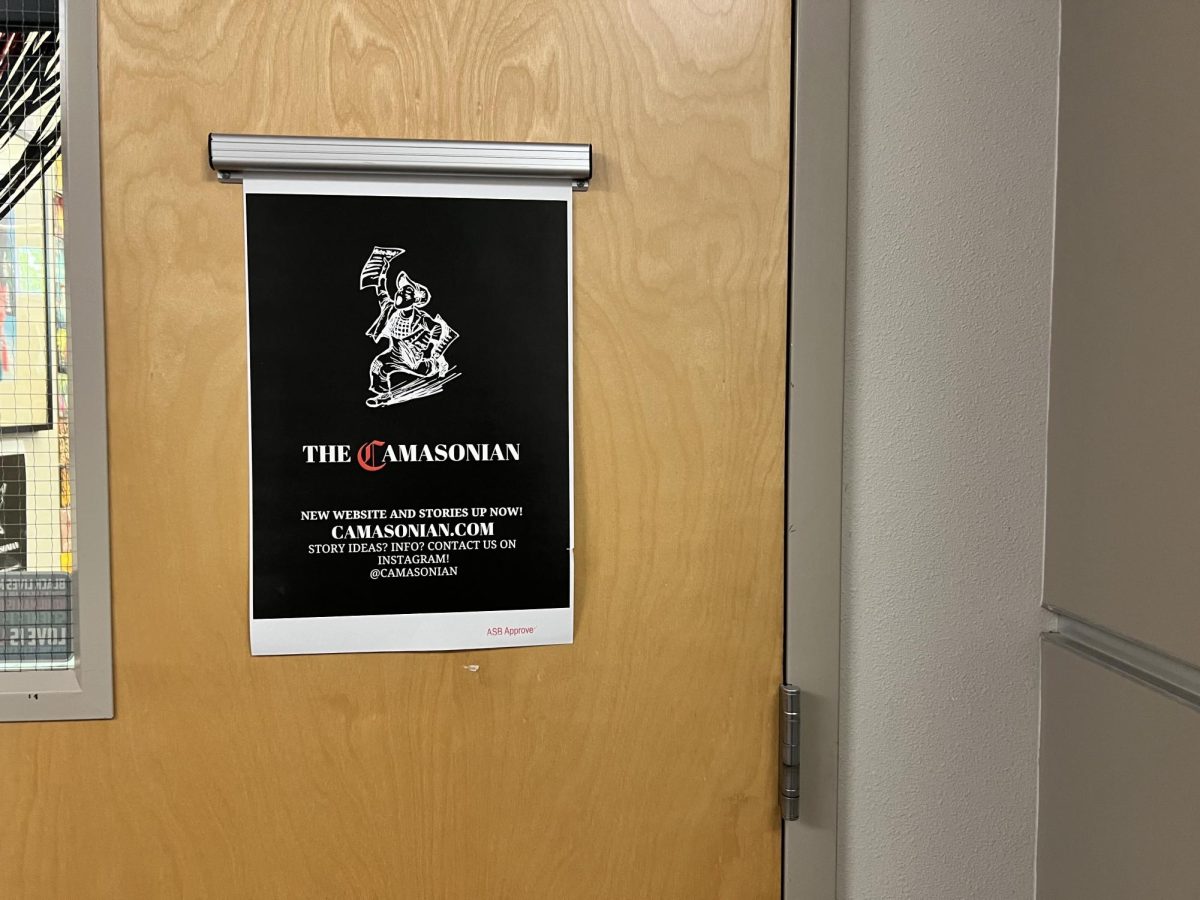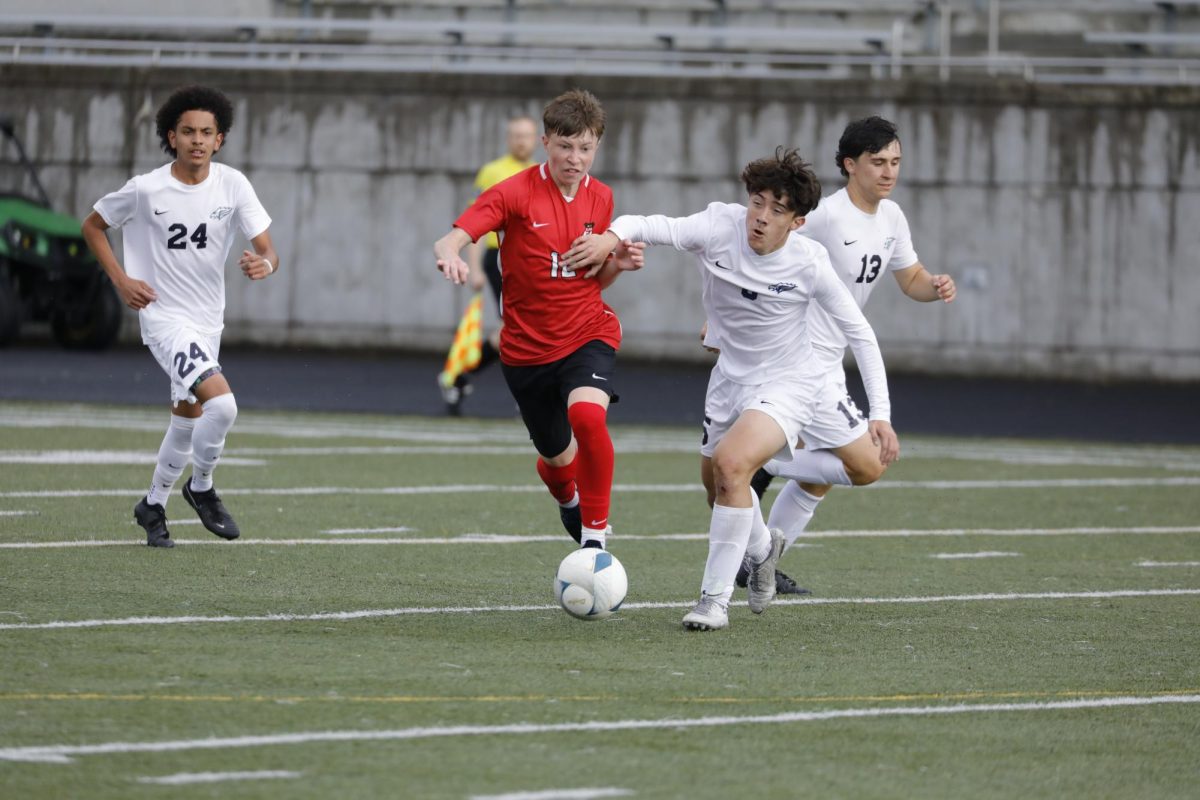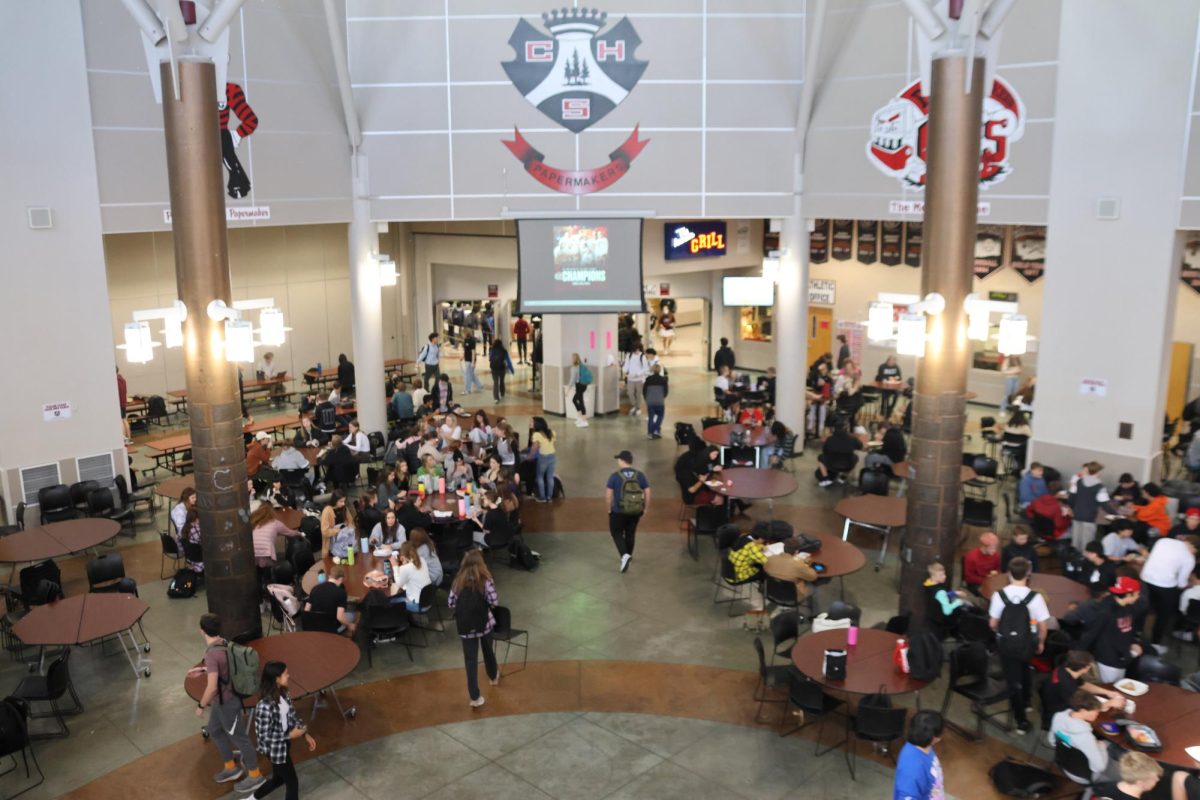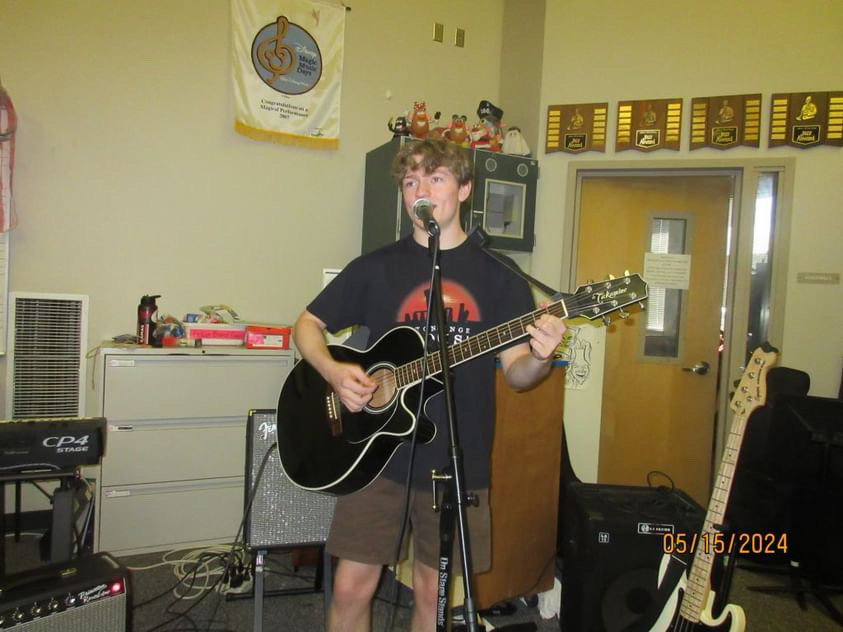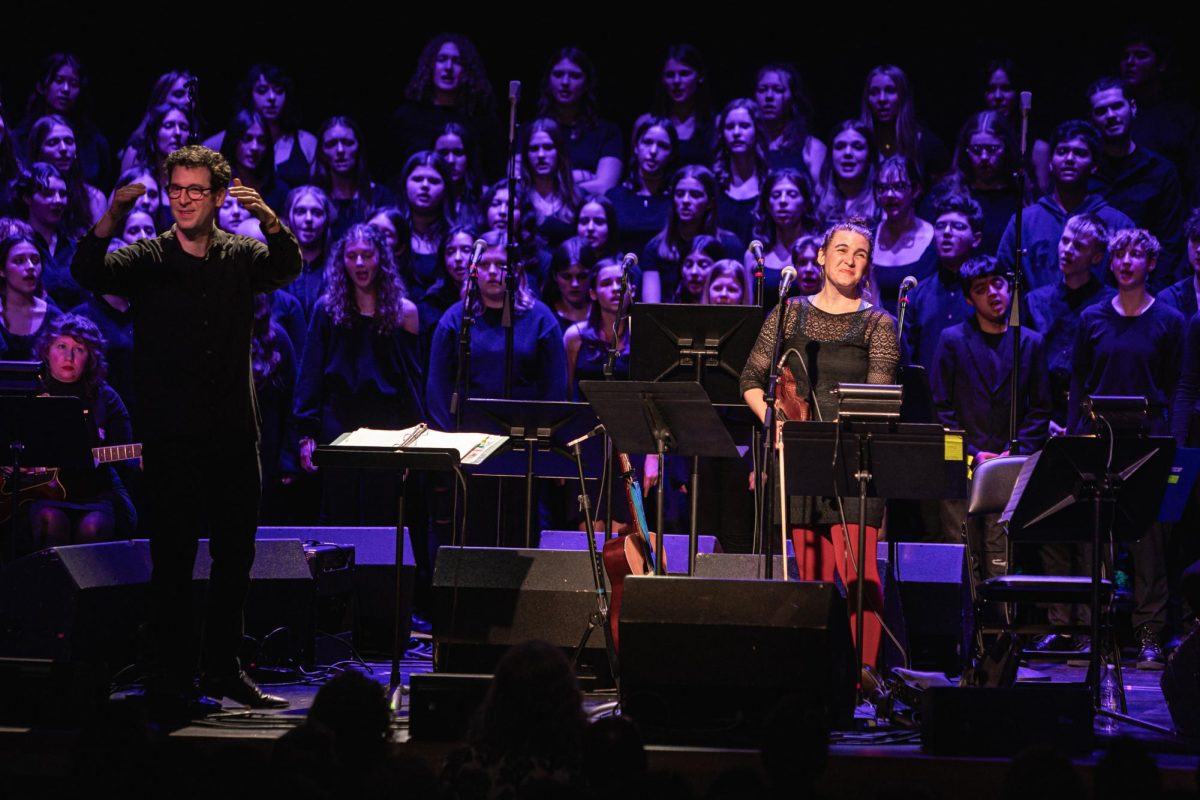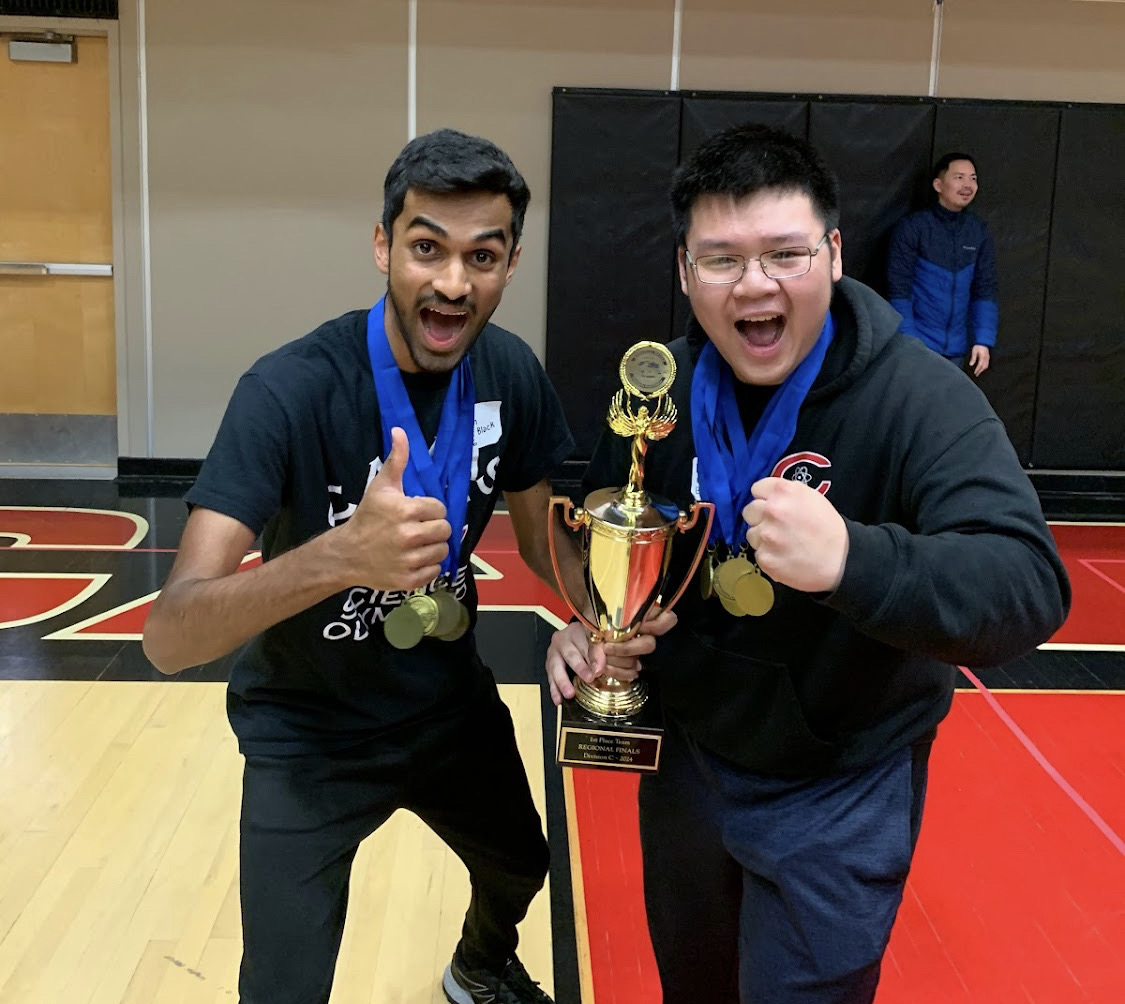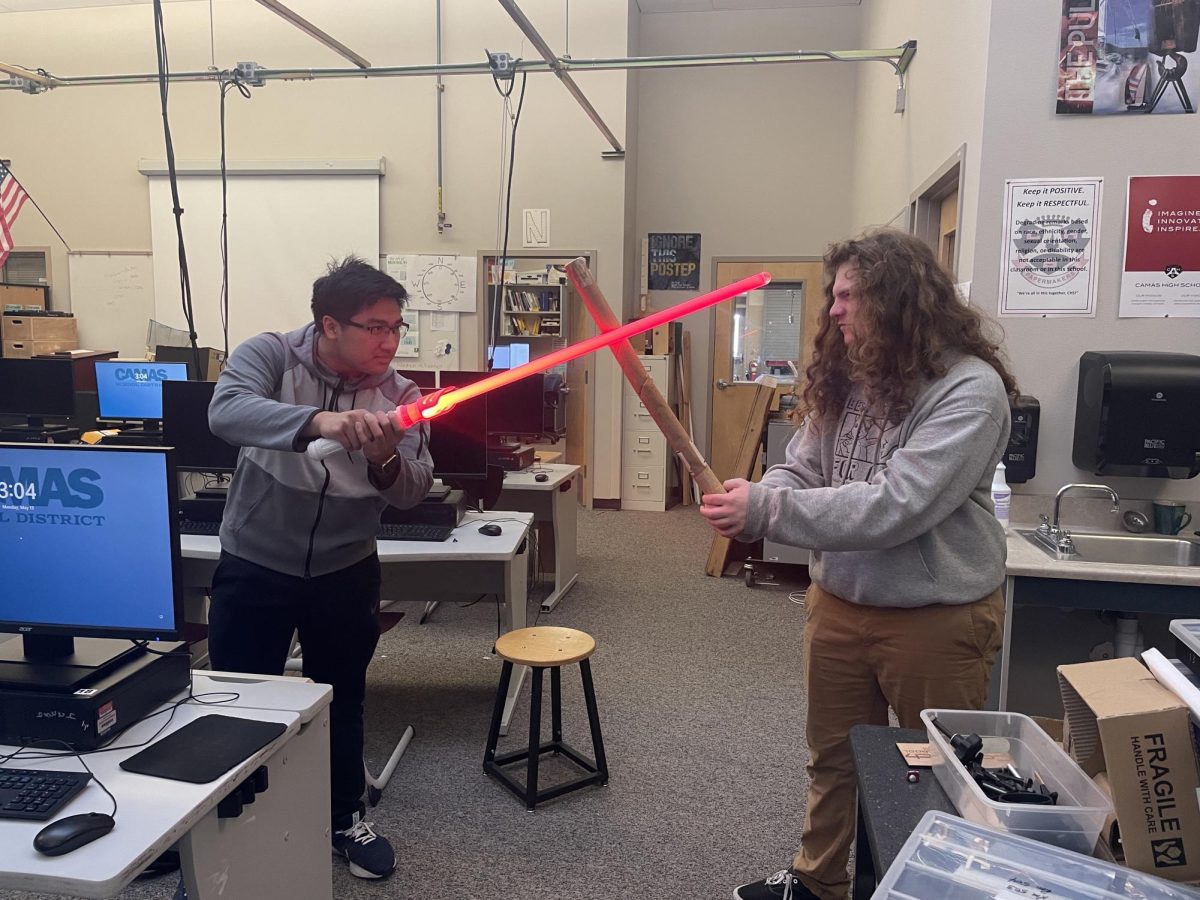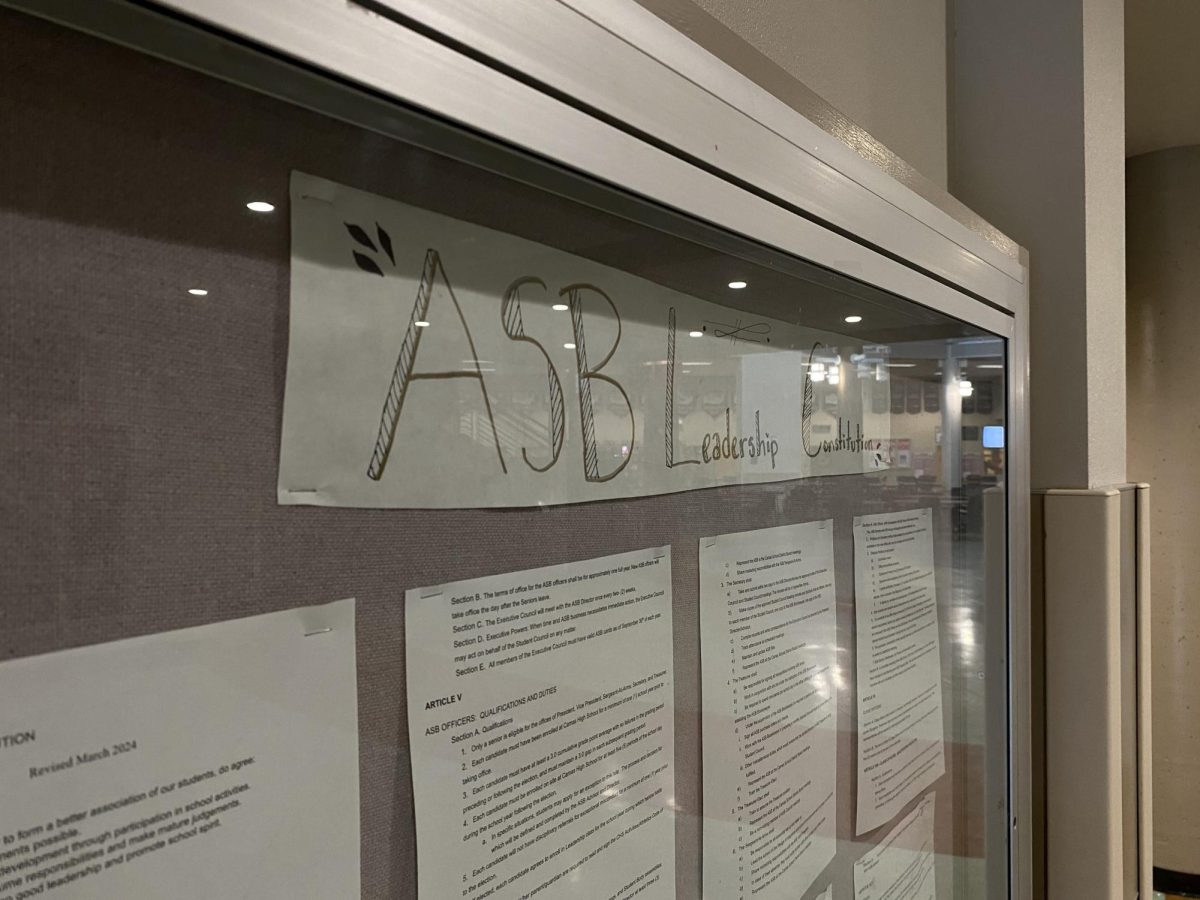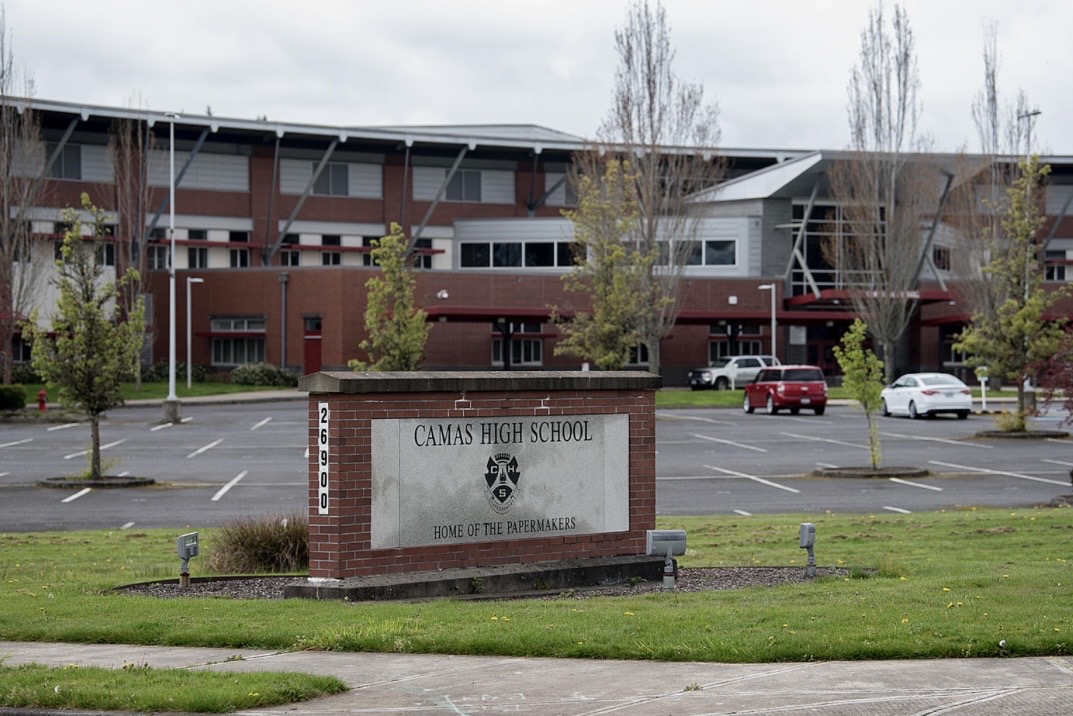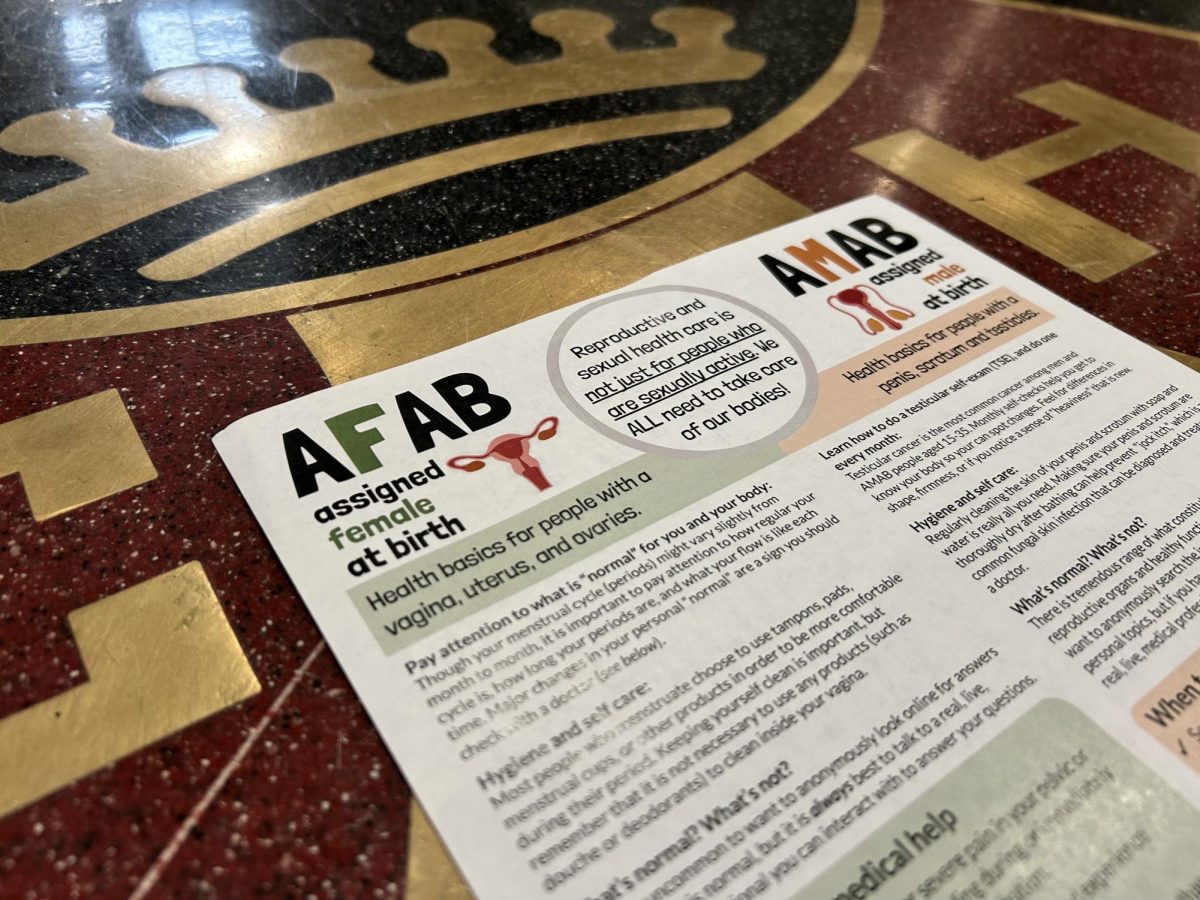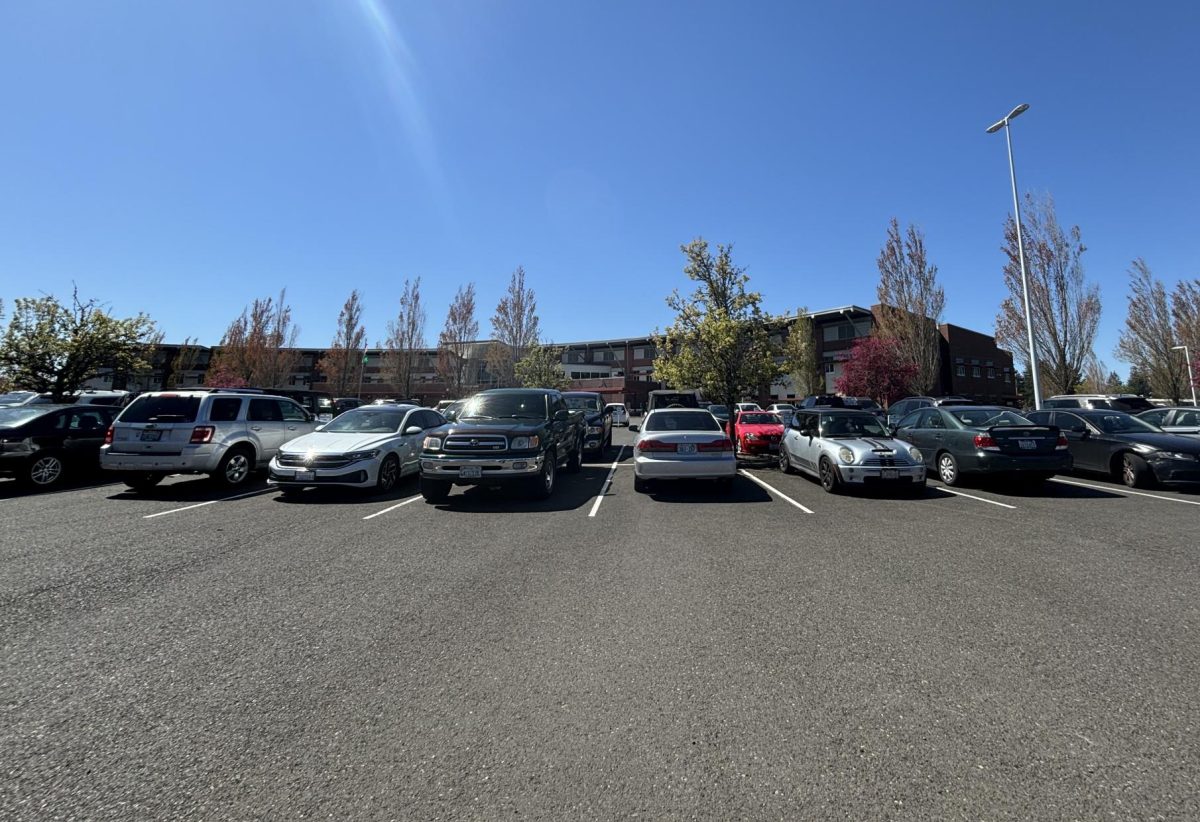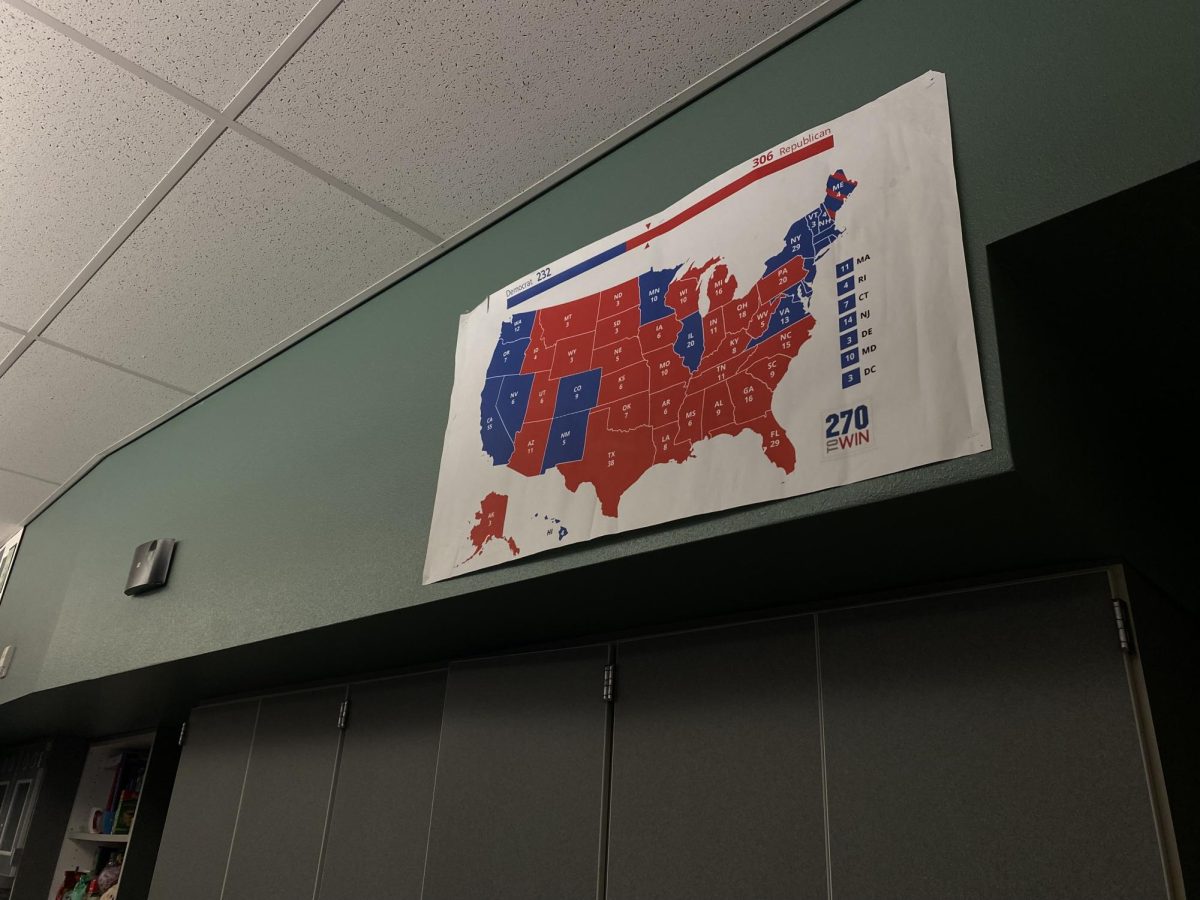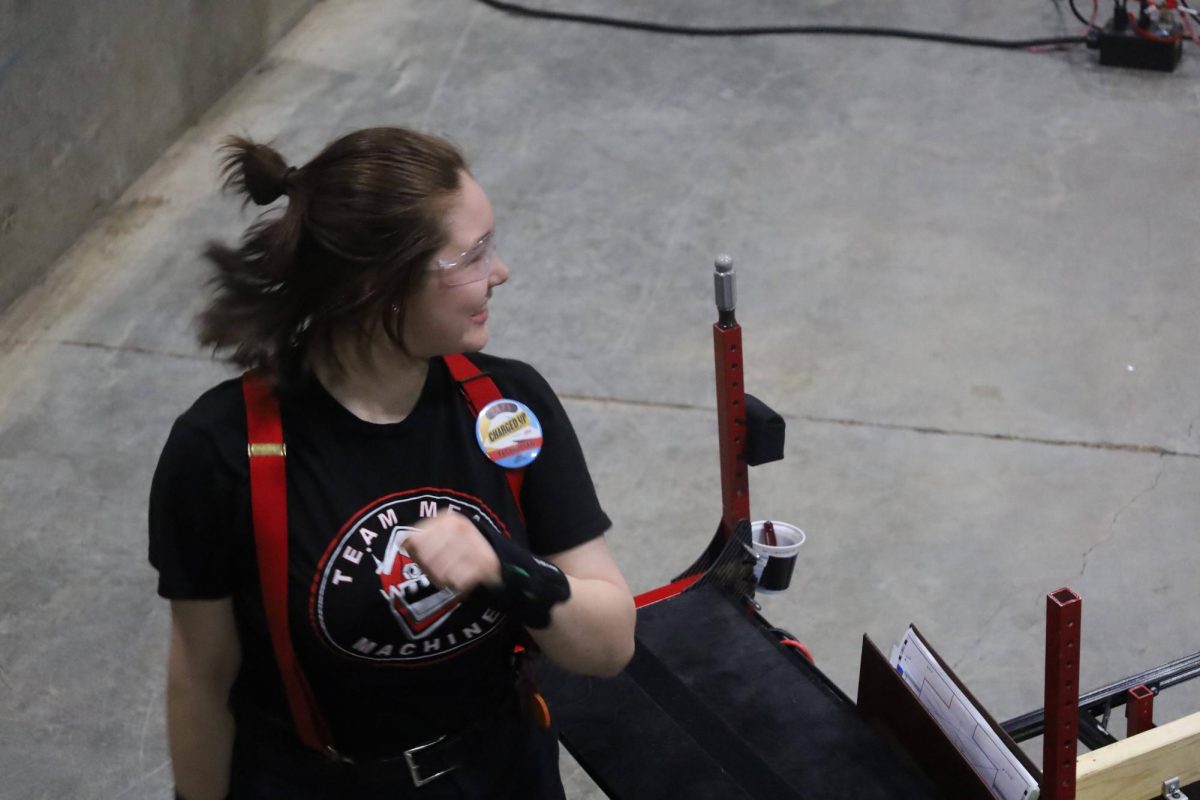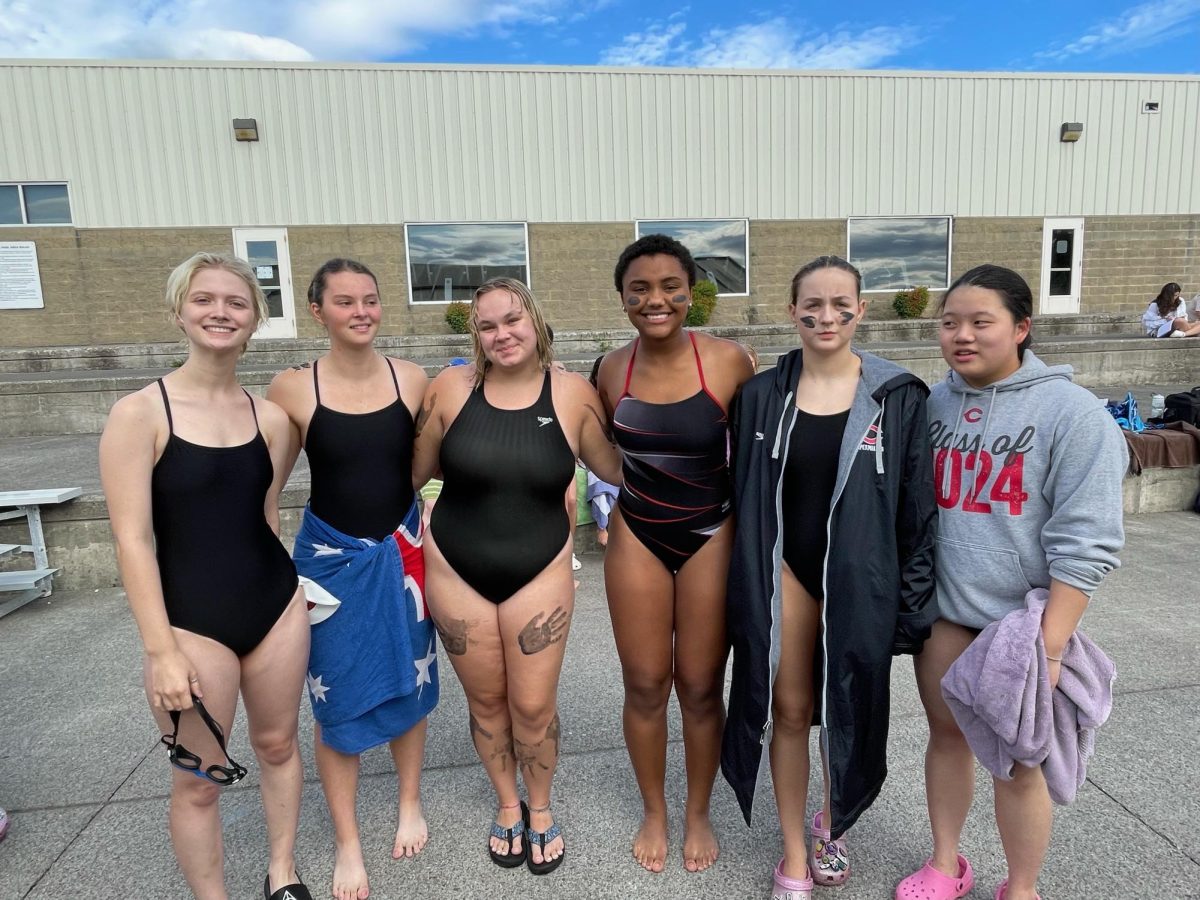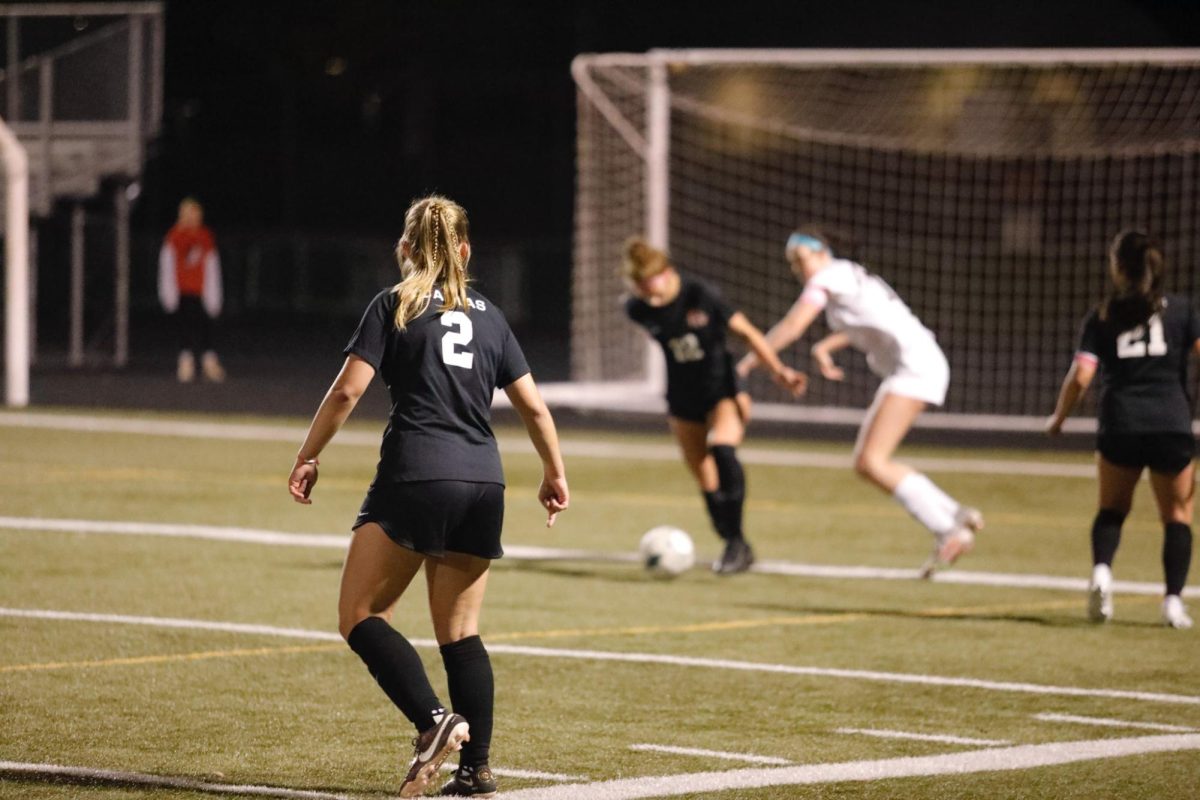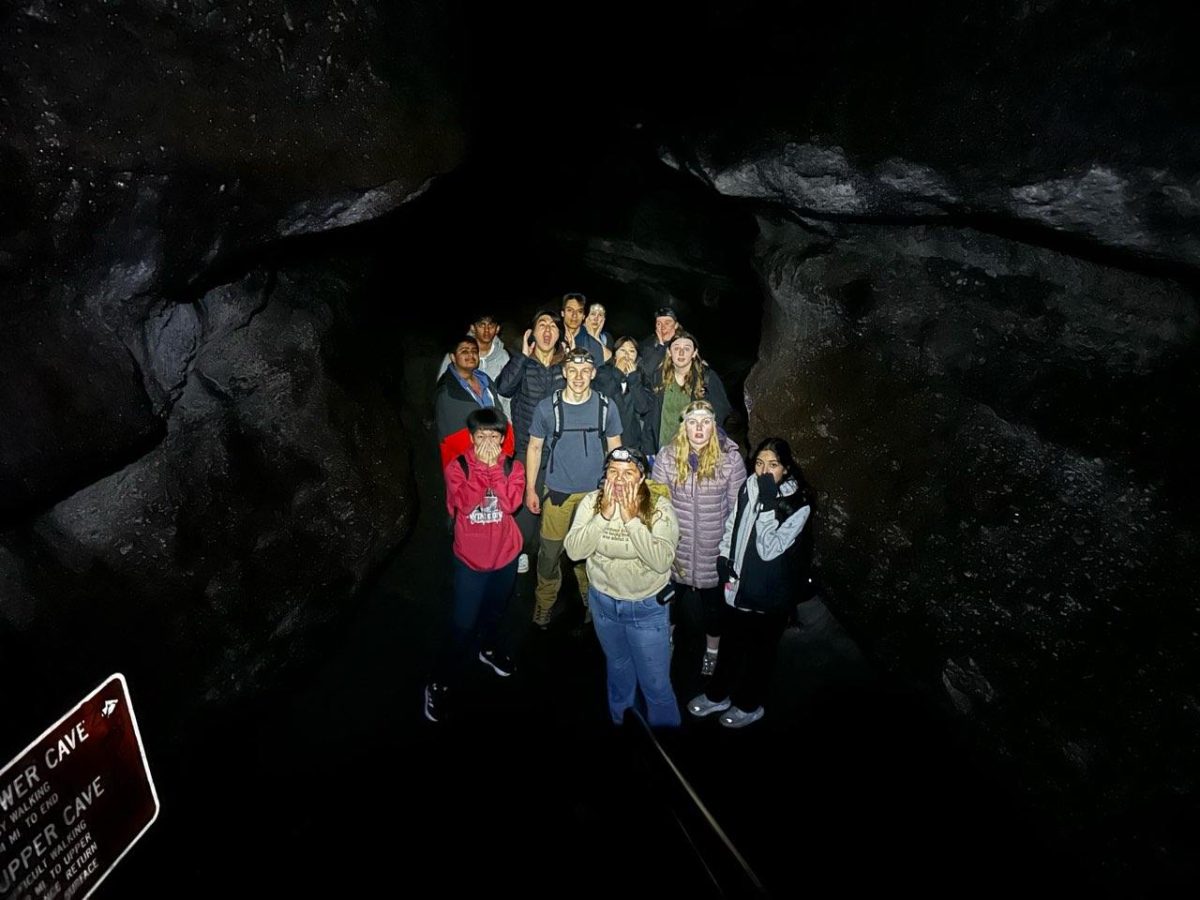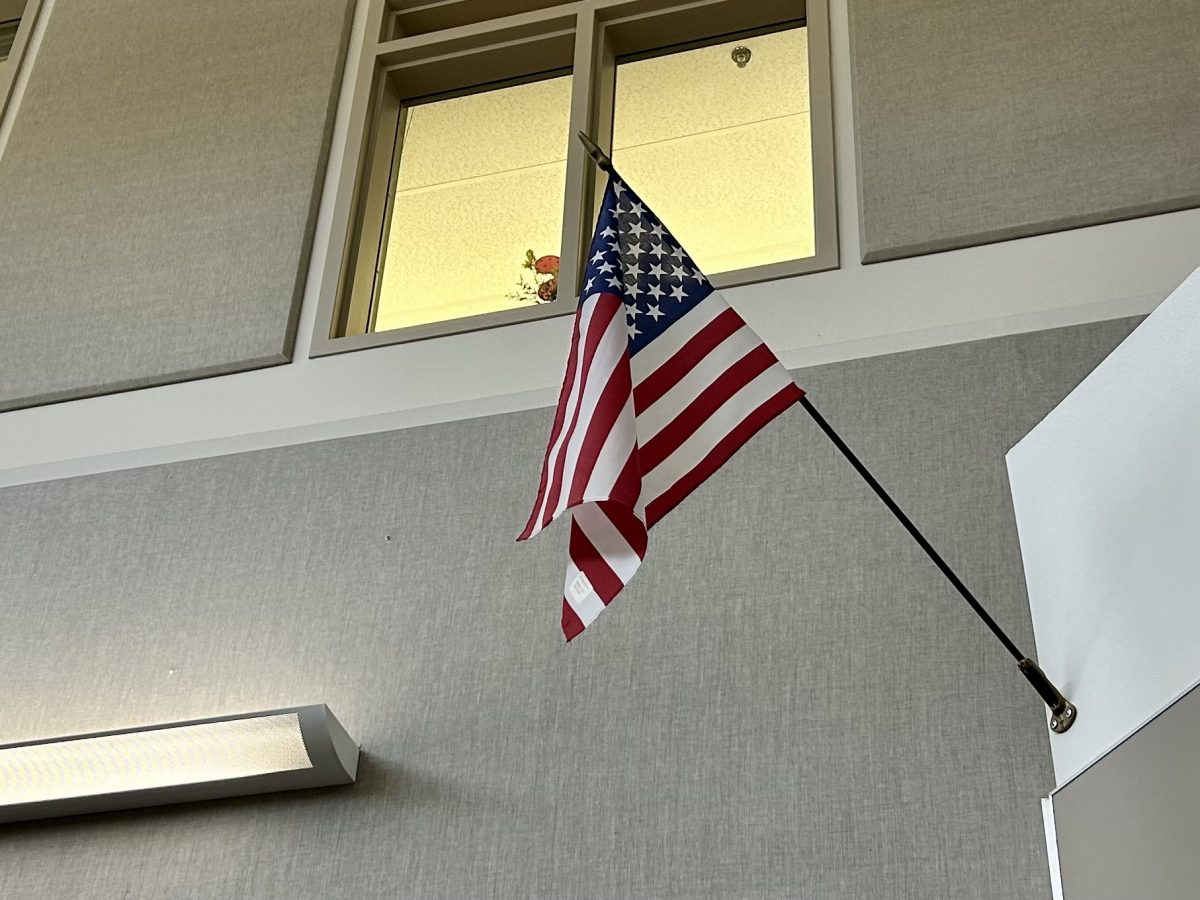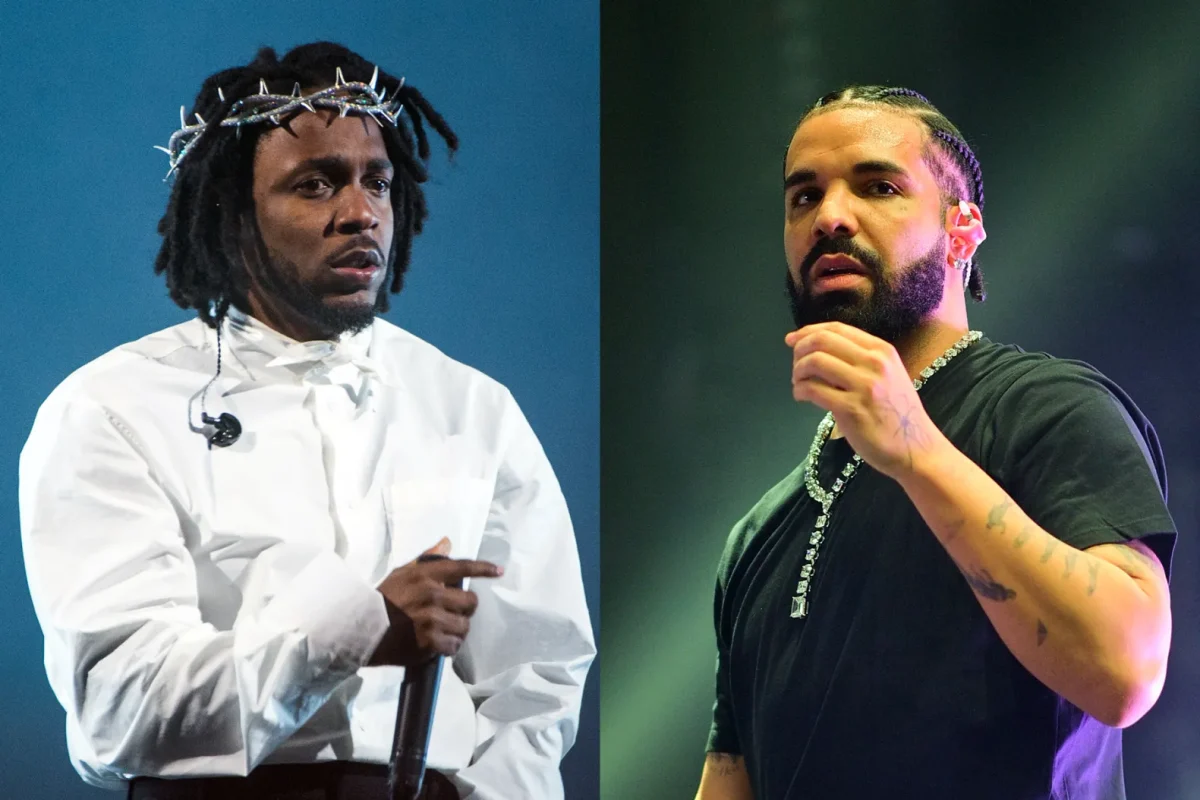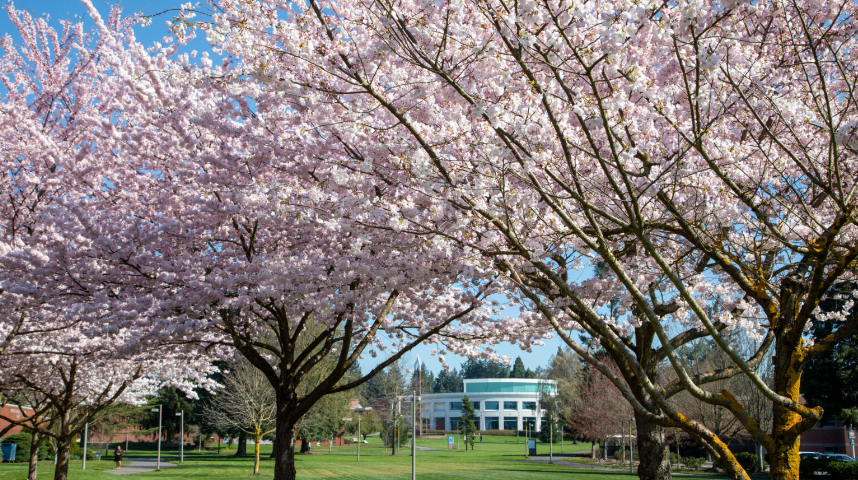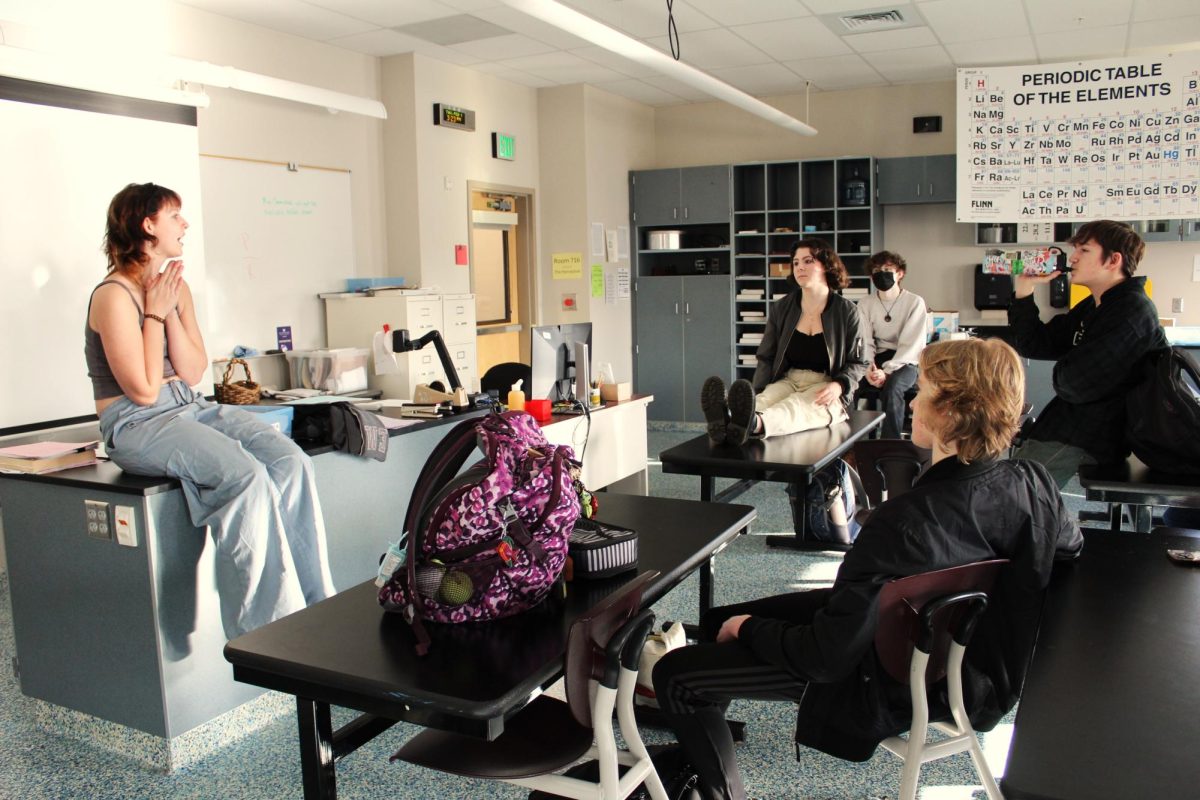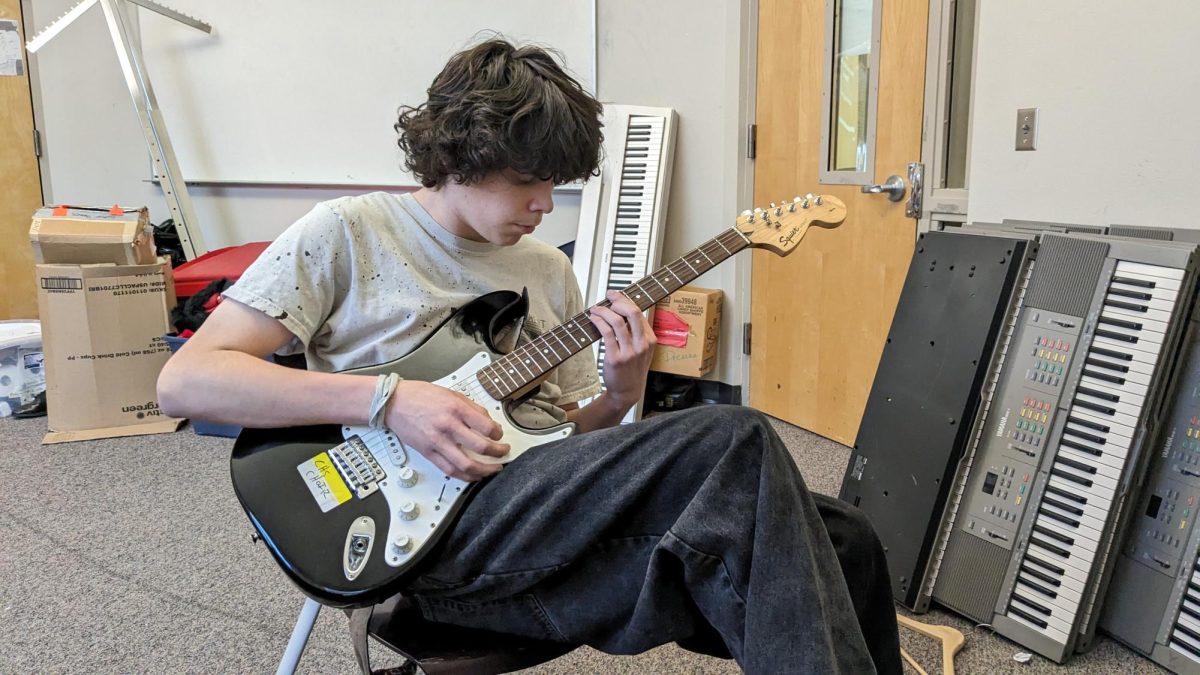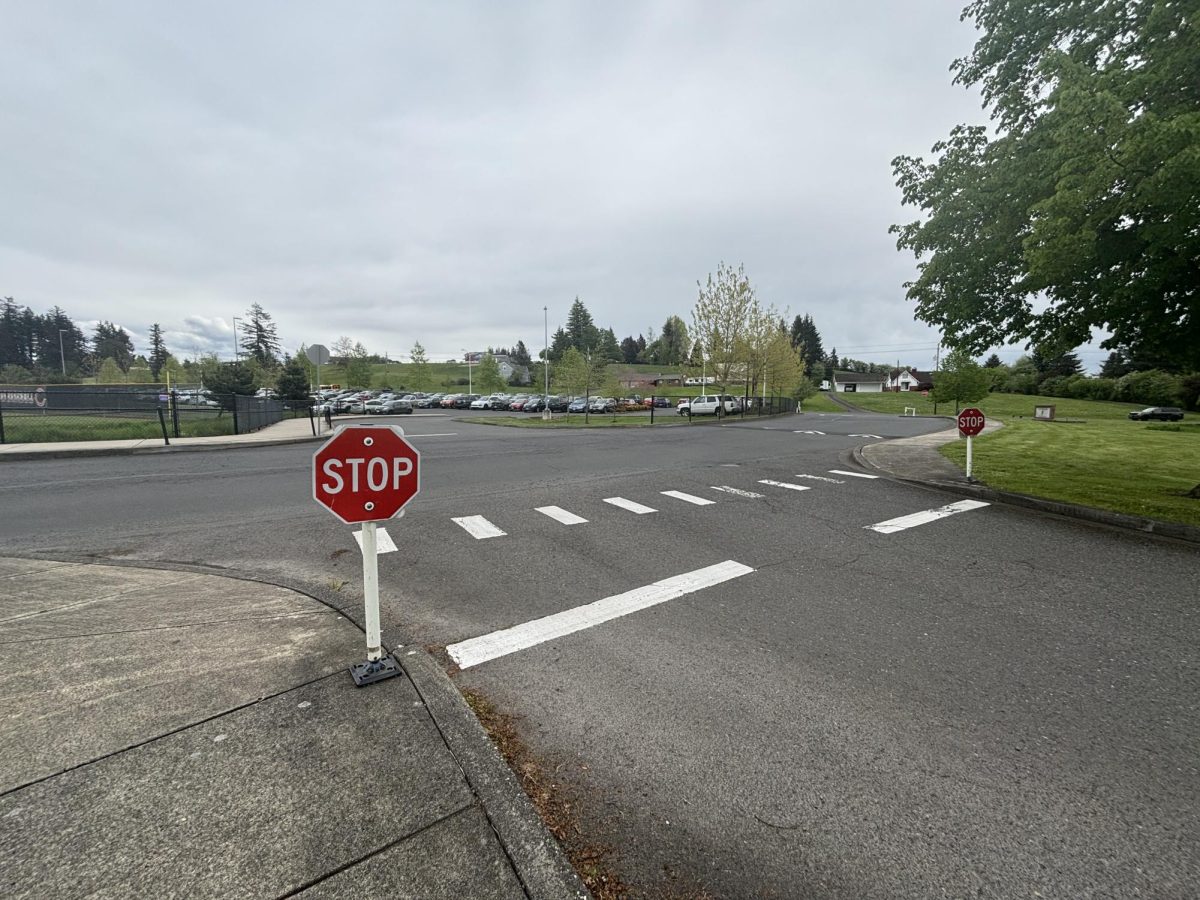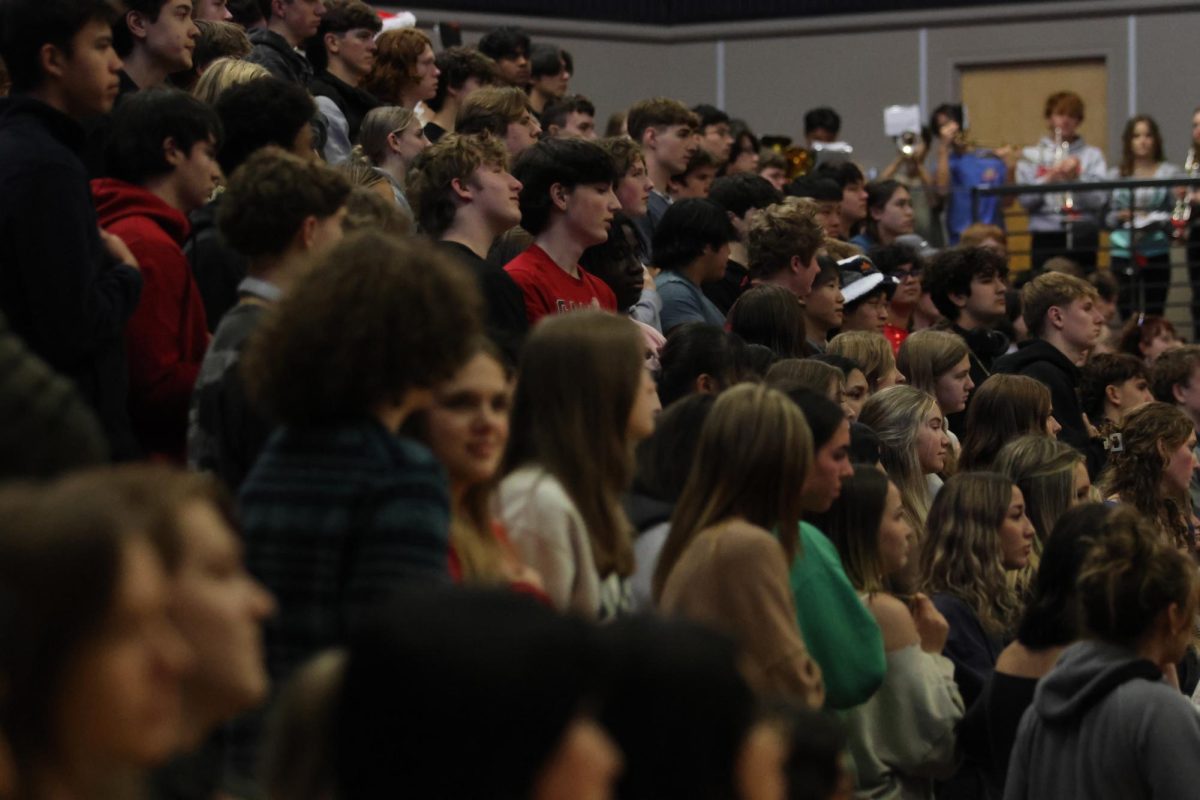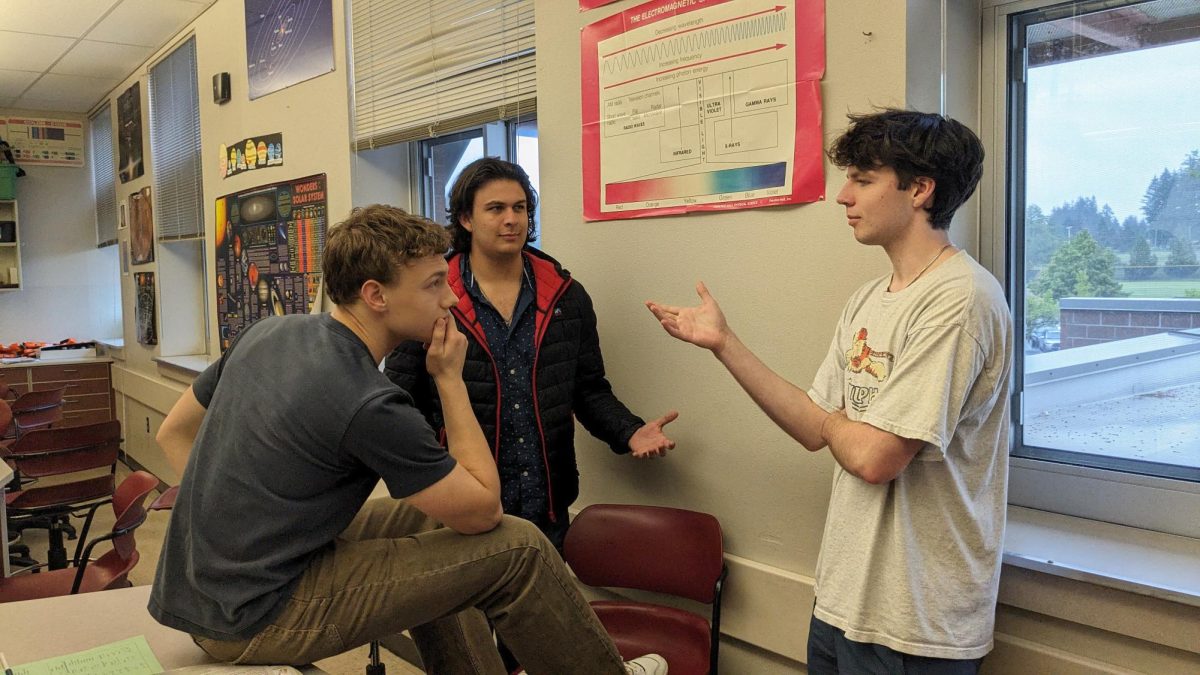By the end of their senior year, the vast majority of high school students nationwide are eligible to vote. In Washington State, students can pre-register at the age of 16. This year, in the current political climate, it could be more important than ever for student’s voices to be heard. High school students agree that it matters for them to vote.
“At this time in their lives, most teens are going to feel that they need to make an impact in some way,” CHS sophomore Charlie Irwin said. “I think it’s so important that we learn how to vote at a young age so we understand how to do it.”
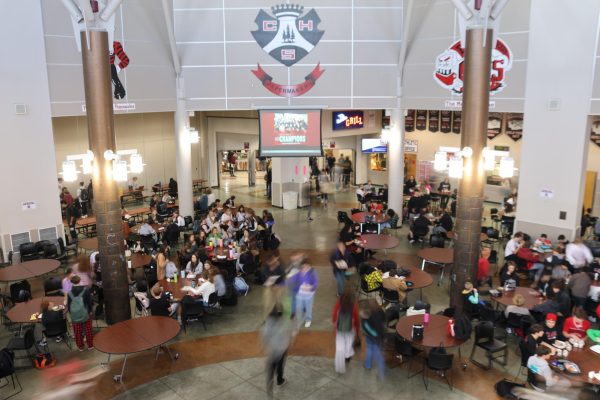
Teachers know that it is important for students to vote, too. In the opinion of Jeanne Jarvis, a history teacher at Camas High, students must contribute to the voting pool once they are eligible.
“I think once [students] turn 18, it’s their civic duty. They should definitely sign up, get their voter registration, and get informed.”
According to many students, the issue is not that they do not care, but rather that they feel that they have no chance to learn about voting and contribute as informed individuals.
In order to seek out this information through school, students have to enroll in a government class to get any sort of in-depth lesson about voting, which not every student does.
In Washington State, there is a state-mandated day in public schools on January 16 called Temperance and Good Citizenship Day that is dedicated to teaching all students, kindergarten through grade 12, about elections and the American voting system. It also requires high schools to give seniors the chance to register to vote during their history class. However, according to seniors, the standard of voting education is not being met.
“They never had us do that [lesson],” CHS senior Angelo Luchini said. “It probably would have been beneficial.”

Many acknowledge that in many circumstances, it is very likely that their perspectives are colored by what their parents and the people around them believe. Ideally, students must be educated enough on current events and issues to form opinions and vote with their own beliefs instead of simply what people around them have told them. Students agree that the school system does not effectively teach students how to vote.
Voters over the age of 50 made up 52% of the electorate in the 2020 presidential election, while voters under the age of 23 constituted just 8% of the electorate, according to the Pew Research Center. More young people are registering to vote than ever before, however, the average voting age is still rising. Of course, relatively, there will always be more older voters than younger voters, because there are more people in the older age bracket. Many students feel that schools need to do more to provide students with facts about current issues so that they can make informed decisions.
“They don’t teach us that we can pre-register at 16. I would register to vote at school if I had the chance,” Irwin said. “Understanding your own values is important before you vote, and I don’t think they teach us enough to do that and make a good decision.”

